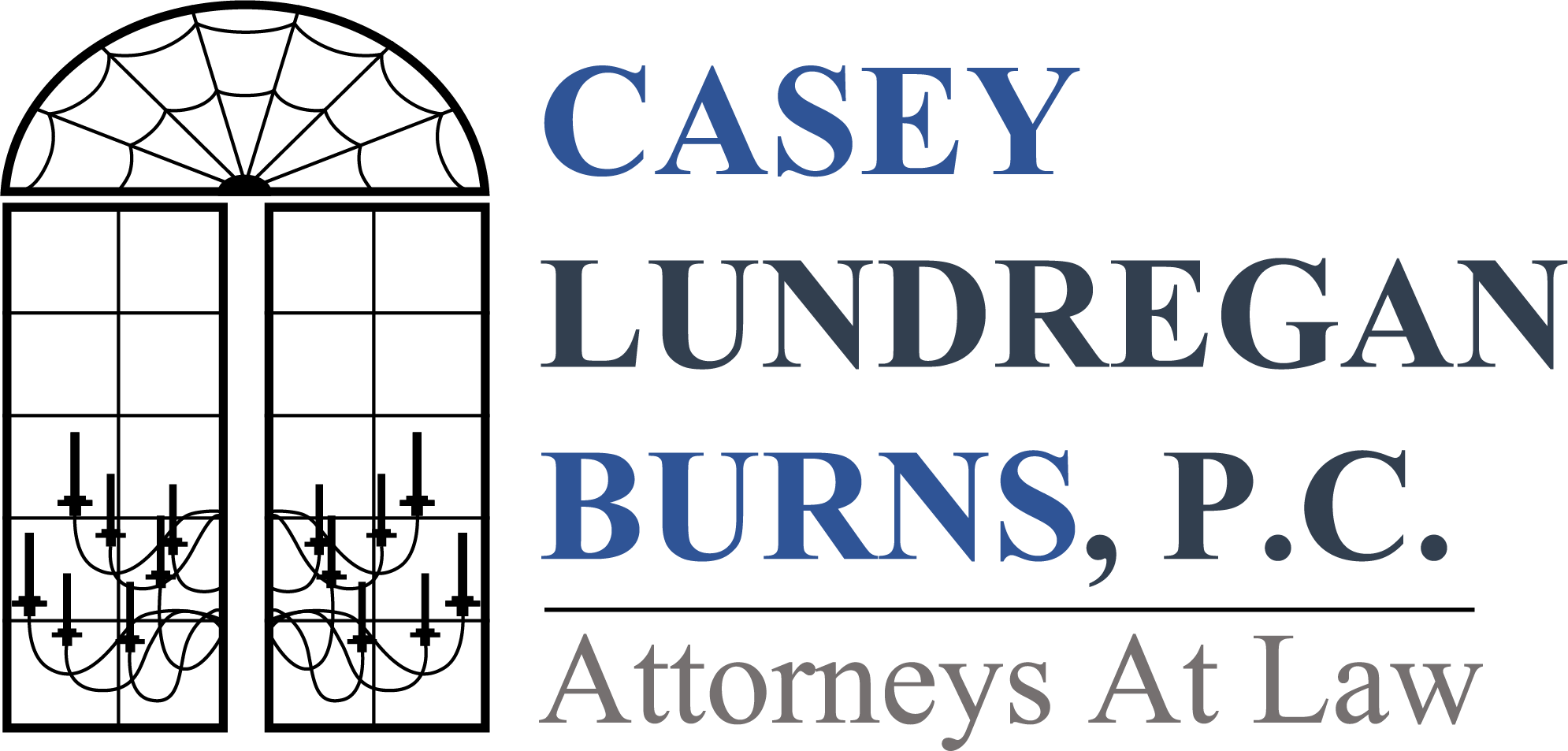Uncategorized
What Is Probate In Massachusetts?
The passing of a loved one is never easy, and the legal process that follows can add to the stress. At Casey Lundregan Burns, P.C., located in the heart of downtown Salem, MA, we understand that navigating probate can be challenging, and with this guide, we aim to demystify probate in Massachusetts and offer clarity…
Read MoreIs It Possible To Avoid Probate In Massachusetts?
At Casey Lundregan Burns, P.C., we often encounter clients curious about the probate process in Massachusetts and whether it is possible to bypass this legal procedure. Probate can be a complex and time-consuming process wherein the court validates a will, settles debts, and distributes assets to beneficiaries. While probate provides a structured way to manage…
Read MoreWhat Are The Tax Implications In Massachusetts?
Understanding the tax implications of estate planning in Massachusetts is critical for ensuring your assets are managed and distributed according to your wishes. At Casey Lundregan Burns, P.C., we are committed to helping you comprehend these implications and how they might affect your estate planning decisions. In this post, we delve into the key aspects…
Read MorePlanning for Changes in Estate Taxes and Other Issues in 2024
On October 4, 2023, Massachusetts Governor Maura Healy signed a $1 billion tax reform package into law, including the first tax cuts in over 20 years for the Commonwealth of Massachusetts. Although lawmakers designed this reform package to be in effect retroactively through the start of 2023, many people are only now considering its impact…
Read MoreSellers Could Face Transfer Fees in Real Estate Deals to Fund Housing Initiatives
As part of a $4 billion bond bill aimed at increasing affordable housing options in Massachusetts, the Healey administration proposes to grant municipalities the ability to impose a transaction fee of up to 2% on real estate sales. What this Proposal May Mean for You At this time, this proposal will require approval from the…
Read MoreWhat Steps Should I Take to Avoid Probate in Massachusetts?
In Massachusetts, probate is the court-supervised procedure of authenticating a last will and testament, if one exists, and administering the decedent’s estate. The process involves determining the deceased’s assets, paying off their debts, and distributing the remaining assets to the rightful heirs or beneficiaries. While probate might seem like a standard procedure, many individuals seek…
Read MoreWhat Is a Trust?
Understanding the world of trusts can be a daunting task, but you are not alone. We understand the unique aspects of Massachusetts trust law and can help tailor a trust that aligns with your individualized needs and goals. Here at Casey Lundregan Burns, P.C., we aim to make complex legal concepts accessible to everyone by…
Read MoreHow Do I Include My Charitable Giving Wishes in My Estate Plan in Massachusetts?
For many individuals, charitable giving is not just an act of generosity but also a reflection of their values and desires to leave a lasting impact. When considering one’s legacy, many want to ensure that their favorite charities or causes are beneficiaries of their estate. We understand the importance of these desires and the need…
Read MoreFollowing Changes in Massachusetts Estate Tax Laws, Should You Adjust Your Estate Plan to Keep Up?
For years, Massachusetts estate tax has affected families in a wide range of circumstances. While federal estate taxes have a high threshold and only apply to estates valued at over $12 million, the threshold in Massachusetts affected estates valued at $1 million. In a state where the average home value is close to $600,000 and…
Read MoreHow Can I Ensure that My Children or Dependents Are Cared for in Massachusetts?
When preparing an estate plan, a significant concern for many families follows from the question, “How can I ensure that my children or dependents are well taken care of in Massachusetts?” To answer this question, we would first advise one to consider a comprehensive plan that clearly outlines the distribution of your assets, thereby reducing…
Read More









